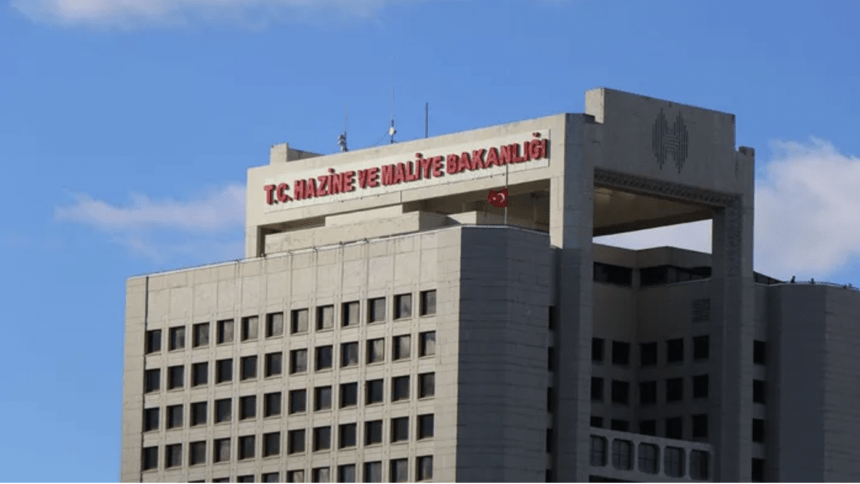The Treasury’s debt payment projections indicate that the “paying more interest than principal” position, which was first observed last year, will continue until 2027.
Turkey’s domestic and external borrowing has been burdened by the recent extraordinary rise in interest rates. This burden indicates that the situation of “paying more interest than principal”, which was experienced for the first time last year, will continue until 2027 due to the current domestic debt structure.
Moreover, the burden created by the current debt structure has been large due to domestic borrowing maturing in 2027 and beyond. For the foreseeable future, the burden on the economy that the public sector will have to finance through taxes and borrowing will increase with each passing year. This will severely constrain the use of public resources for overall economic development.
External debt burden will challenge 2029 and beyond
The debt burden of the economy within the framework of the scenarios for 2026 and beyond, as determined by the Medium Term Plan, shows that TRY 3.37 trillion principal and TRY 4.91 trillion interest payments will be made in the calculation for 2024-2027. In the case of external debt, projections extend to 2029 and beyond as longer-term borrowings are made. In this context, in the current outlook, the external debt burden for 2029 and beyond is USD 111.2 billion in principal and USD 46.9 billion in interest.
In terms of public finance management on an annual basis, Turkey will pay TRY 657.1 billion in principal and TRY 689.6 billion in interest in 2024 according to the new year’s projection. In 2025, according to the February projection, TRY 512.2 billion principal and TRY 698 billion interest will be paid, and in 2026, TRY 181.2 billion principal and TRY 533.3 billion interest will be paid.
Will have a major impact on economic development
Experts emphasized that the Treasury’s projections, which are updated every month and calculated annually, are generally optimistic in their scenarios outside the planning horizon, and that even under these assumptions, a serious burden is created. They noted that this situation will have a major impact on Turkey’s future economic development, which will have to be carried out by the public sector. Although the annual budgets include amounts for public investments, it is noted that financing the future debt burden through both debt rollover and taxes will continue to put pressure on the fiscal space.










